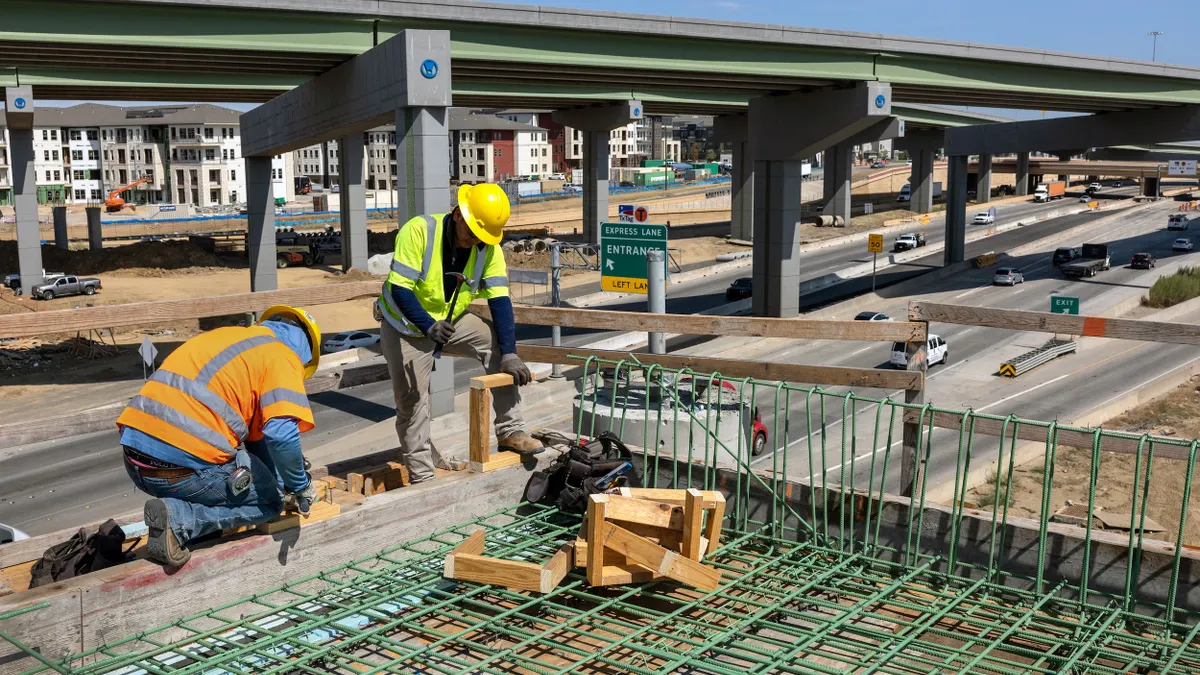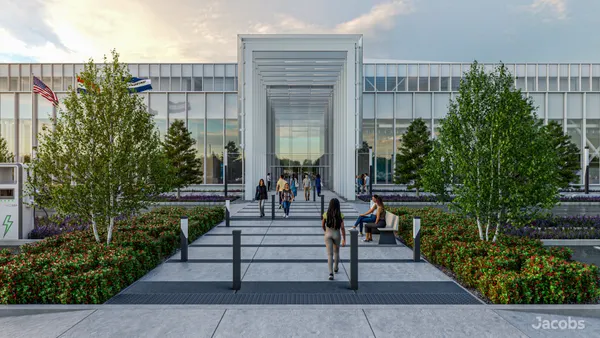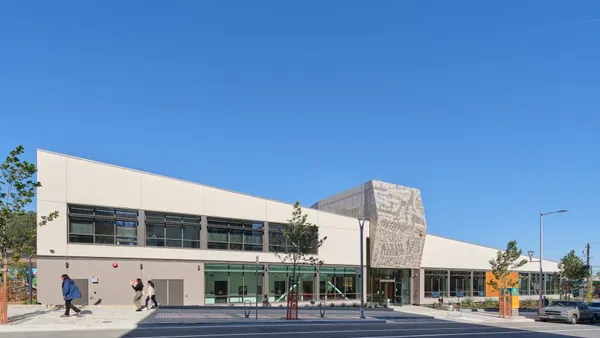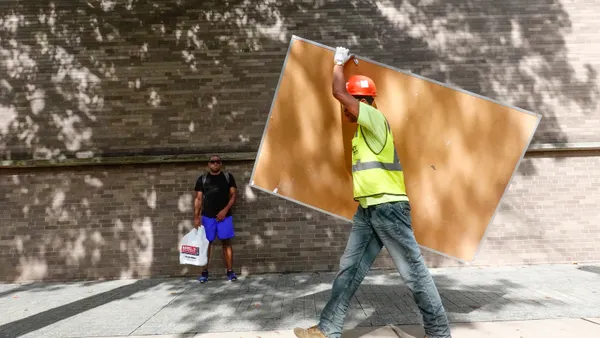Dive Brief:
- The number of permitted residential units in New York City surged in the first quarter of 2017, according to the New York Building Congress.
- The NYBC reported that from January through March of this year, the New York City Department of Buildings issued permits representing 6,343 units, triple that of the same period in 2016 and the largest number since 2007.
- Officials credit the boom to a strong economy and to optimism regarding Gov. Andrew Cuomo's Affordable New York initiative. The property tax-break program for developers was included in April's state budget, according to The Wall Street Journal, but Cuomo announced in January that the benefits would be retroactive to the beginning of this year.
Dive Insight:
The Affordable New York initiative, which is the successor to the 421-a tax credit program, is only applicable in certain areas of the city and sets minimum wage levels for qualifying projects. The new plan offers tax breaks to developers who build projects of 300 units or more in certain areas of Manhattan, Brooklyn and Queens and who pay the prescribed minimum wage, either $60 per hour or $45 per hour depending on location.
A New York University Furman Center report released in February found that the property tax breaks under the new program could outweigh the affordable housing benefit by up to $6 million per project. In addition, the study found that the required elevated wages, in addition to already-high labor costs, could drive developers to build smaller projects where there is no higher wage requirement.
The 421-a program, which expired in January 2016, is credited with driving the end-of-year permitting surge in 2015. The program first expired in June 2015 but was extended for four years under the condition that the Real Estate Board of New York (Rebny) and the Building and Construction Trades Council could come to an agreement on a program minimum wage. They failed to reach that agreement, so the program officially expired. Mayor Bill de Blasio and Rebny opposed using the union's prevailing wage, citing a city Independent Budget Office report that said such a requirement would drive up the cost of the mayor's 80,000-unit affordable housing plan by $2.8 billion.











